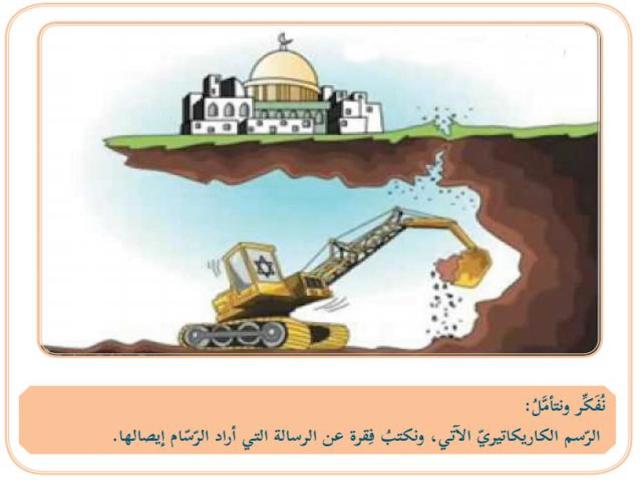The European Parliament (EP) has strongly condemned the incitement found within educational materials used in the Palestinian territories and those developed by UNRWA (the United Nations agency for Palestinian refugees). The resolution, adopted on April 11, specifically targets the problematic content of these materials, which include encouragement of violence, the spread of antisemitism, and the incitement of hatred against Israelis. These educational tools, partially funded by the European Union, are seen as playing a significant role in radicalizing individuals, contributing to the extreme violence on October 7, during which Hamas and other terror groups killed 1,200 people in southern Israel and took 253 hostages to Gaza.
The EP’s resolution draws a direct connection between this education to hatred and the horrific events of October 7, suggesting that such indoctrination has severe repercussions not only for Israeli security but also for the future prospects of Palestinian youth. The resolution calls for educational aid to the Palestinian Authority (PA) to be contingent upon the removal of antisemitic and violent content. The surprising resolution comes as Israel is embroiled in a war with Hamas after the brutal October 7th attack on Israeli communities surrounding Gaza. Israeli supporters and activists have been raising the issue of the textbooks to the EP and UN for over a decade but have been largely dismissed.
The actions of the Palestinian Authorities act as a road block to sustainable peace.
— Scott Benton 🇬🇧🏴 (@SLBenton) February 1, 2023
From text books to the funding of terror, the culture set from the top down perpetuates violence. If a long-term solution is to be found, the culture within Palestine must drastically change. pic.twitter.com/neyZePrKoC
The EP has repeatedly urged the European Commission since 2016 to scrutinize how funds to the PA are utilized, emphasizing the need for educational reforms. The texts under criticism are those used widely across the Palestinian territories, including Palestinian areas of Judea, Samaria and Gaza. These territories see about 80 percent of their Gazan population being educated in UNRWA schools, where some materials produced mirror the incendiary content found in PA textbooks.
In response to the continued problematic content and involvement of some UNRWA staff in the October 7 attacks, the EP has proposed reallocating funds to other reliable partners, like WHO, UNICEF, or various Red Crescent organizations, to better serve the educational needs of Gazans.
European Parliament Denounces UNRWA Role in Inciting Violence, Antisemitism, and Bigotry in Palestinian text books used in Gaza.https://t.co/7xNRNvhf0G
— Isis Wise 🔮 (@Libs4Canada) April 14, 2024
This resolution was largely pushed forward by the liberal center-left Renew Europe party, with significant advocacy from French MEP Ilana Cicurel, who underscored the direct impact of such hateful education on the events of October 7. She emphasized the importance of this acknowledgment in the resolution to highlight the critical consequences of teaching hatred.
Support for the resolution was also echoed by Marcus Sheff, CEO of the nonprofit IMPACT-se, who has long warned about the dangerous implications of the content in Palestinian textbooks. He views the resolution as a pivotal step toward demanding a radical overhaul of the Palestinian educational curriculum.
The problem with Palestinian school text books isn’t just the maps that don’t include Israel. It’s the rampant antisemitism and admiration for Palestinian Jew killers that is found throughout the textbooks that are the bigger issues.
— Uri Pilichowski (@RationalSettler) May 8, 2023
However, the resolution also expresses concern regarding the actions of Israeli authorities, noting the demolition and seizure of EU-funded schools in the West Bank, particularly in Area C, which is under full Israeli administrative and security control. The EP recorded that in 2022, Israel demolished or seized 101 schools, valuing approximately 337,000 euros, citing lack of building authorizations as the primary reason. These demolitions are often justified by Israel on the grounds that most constructions in Area C do not have the necessary permits, leading to frequent illegal building and subsequent demolitions by Israeli authorities. This point highlights the complex interplay of educational and administrative challenges in the region.


